The person receiving legal aid does not have to pay any money or any material benefits, whether the case is simple or complicated - this is the fundamental difference between legal aid and paid legal services, demonstrating the humane policy of the Party and State, being a "legal support" for the disadvantaged in society.
Continuing the achievements of the 2006 Law on Legal Aid, the 2017 Law on Legal Aid (effective from January 1, 2018) continues to affirm the important position and role of legal aid work, marking a step towards perfecting the legal system, contributing to building a socialist rule-of-law state of the people, by the people and for the people.
Some outstanding results after 8 years of implementing the 2017 Law on Legal Aid in Lang Son province
- Strengthen and perfect the apparatus of the State Legal Aid Center; mobilize resources to implement legal aid; Enhance inter-sectoral coordination.
Implementing the Law on Legal Aid, to ensure the continuous, consistent and proper operation of the Legal Aid Center, on July 30, 2018, the People's Committee of Lang Son province issued Decision No. 1403/QD-UBND on the reorganization of the State Legal Aid Center under the Department of Justice. Accordingly, the position, functions, tasks and powers of the State Legal Aid Center were changed according to the provisions of the Law on Legal Aid, and the Departments and Branches of the Center were reorganized. The State Legal Aid Center of Lang Son province was reorganized, streamlined, and ensured effective operation.
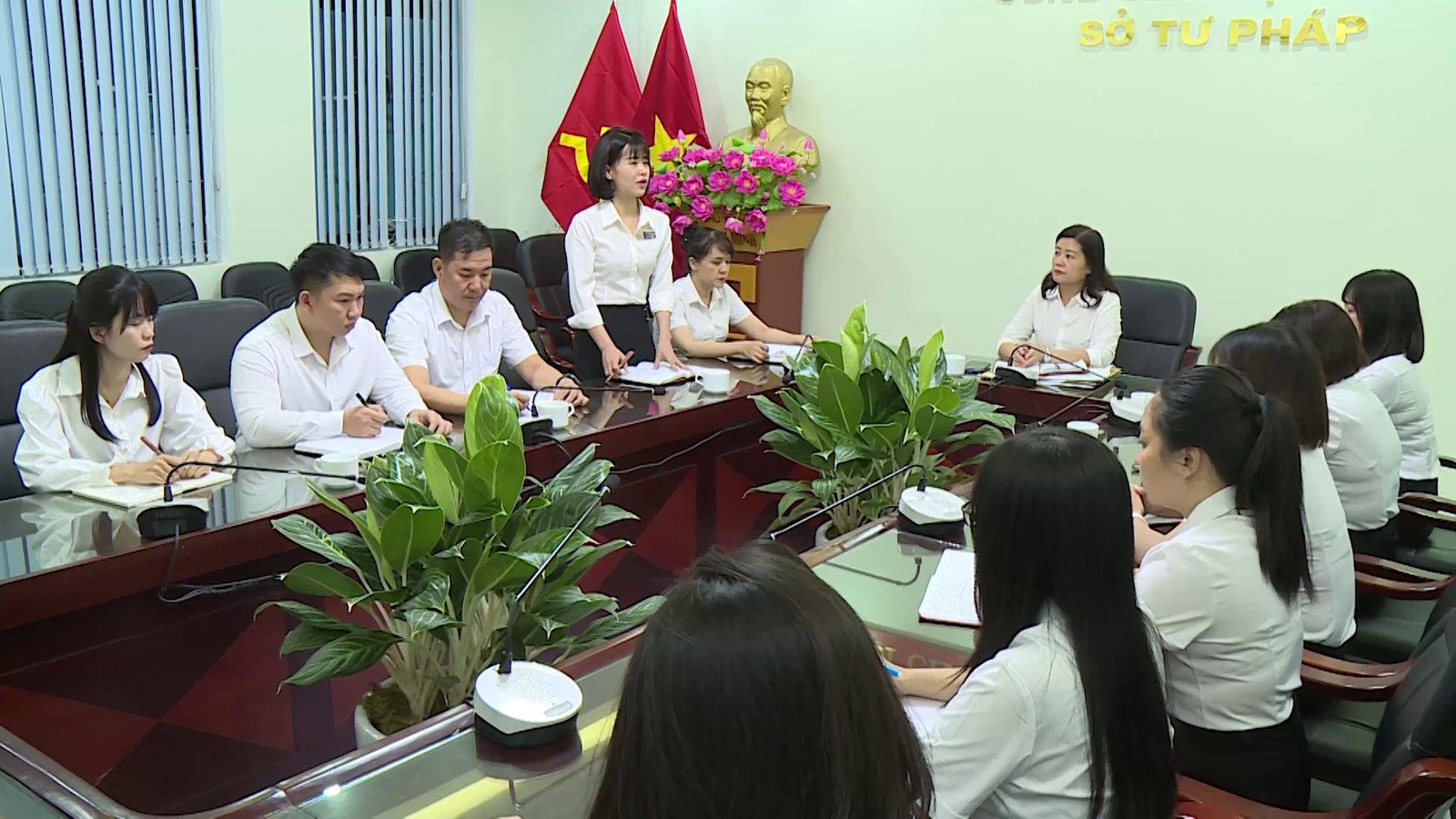
Photo: State Legal Aid Center, Department of Justice of Lang Son province held a meeting to exchange professional knowledge and deploy work tasks.
Implementing the Law on Legal Aid 2017 and its guiding documents, the Provincial People's Committee has directed the Department of Justice to assess the ability to meet the needs of legal aid, thereby reviewing and evaluating the capacity and standards of law practice organizations and legal consultancy organizations in the province and has carried out the selection process and signed contracts to implement legal aid with 06 organizations including 22 people (20 lawyers, 02 legal consultants).
Pursuant to Circular 08/2017/TT-BTP dated November 15, 2017 of the Ministry of Justice detailing a number of articles of the Law on Legal Aid and guiding documents in legal aid activities, on February 27, 2020, the Legal Aid Center conducted the process of selecting and signing contracts to perform legal aid for qualified and qualified lawyers and signed contracts to perform legal aid.
The number of legal aid workers and lawyers signing contracts to implement legal aid with the State Legal Aid Center specifically over the years is as follows:
Year | 2018 | 2019 | 2020 | 2021 | 2022 | 2023 | 2024 | 2025 |
Number of Legal Assistants | 6 | 6 | 7 | 4 | 4 | 8 | 8 | 9 |
Lawyer signs the Contract to perform legal aid with the State Legal Aid Center | 8 | 8 | 20 | 19 | 18 | 18 | 19 | 19 |
Strengthening the training of human resources for the implementation of legal aid. Every year, the State Legal Aid Center coordinates with the Provincial Bar Association to organize mandatory professional training for legal aid officers. All legal aid officers complete 8 hours of training per year. In addition, legal aid officers and officials of the State Legal Aid Center are able to improve their capacity and expertise through attending training conferences to update new legal knowledge and training in legal aid implementation skills, and skills in using software to manage and organize legal aid activities for legal aid officers organized by the Department of Justice and the Ministry of Justice .
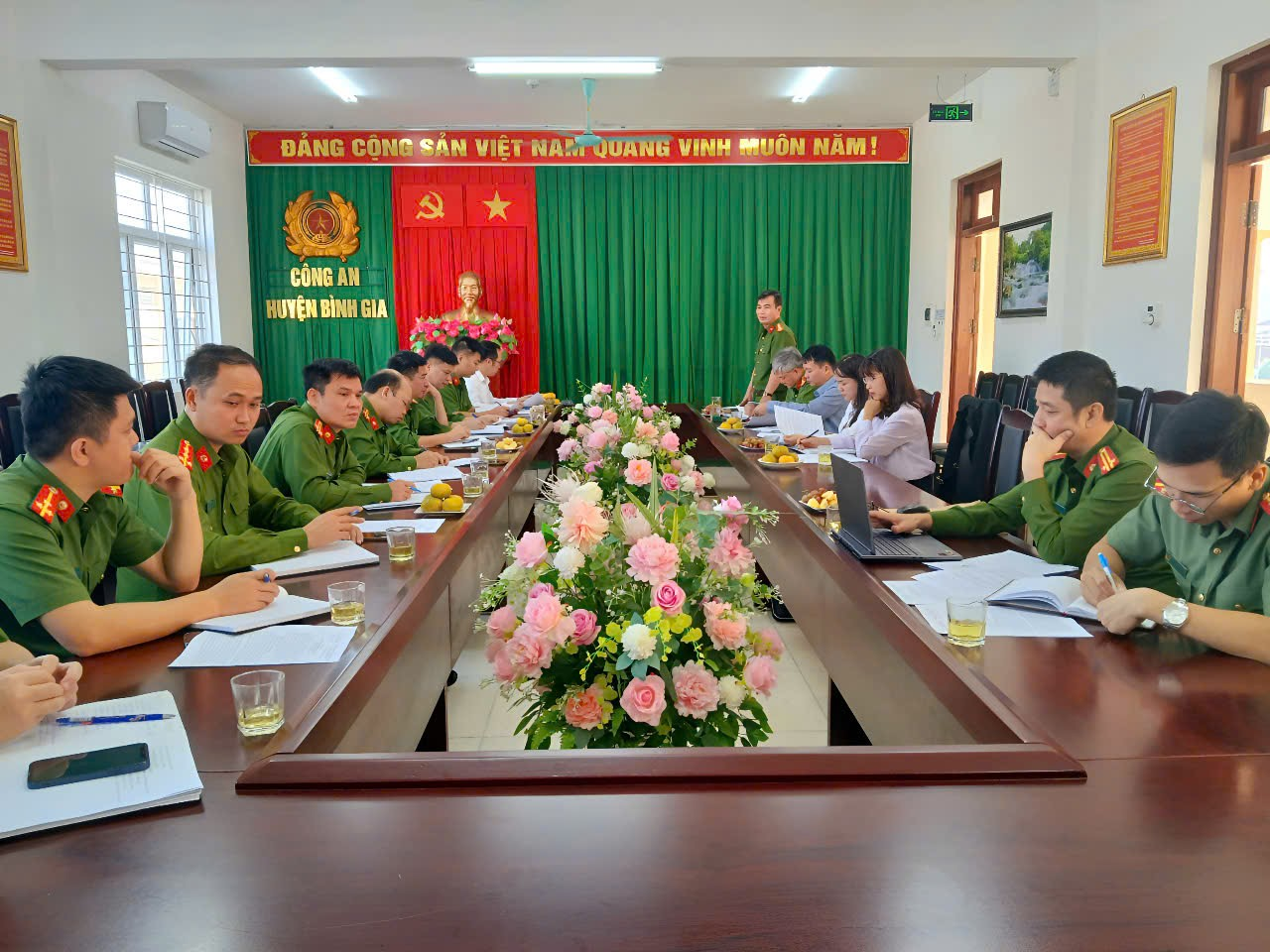 Photo: Meeting to inspect and evaluate inter-sectoral coordination on legal aid in litigation activities
Photo: Meeting to inspect and evaluate inter-sectoral coordination on legal aid in litigation activities
In the inter-sectoral coordination work on legal aid, the Provincial People's Committee issued Decision No. 451/QD-UBND dated March 9, 2018 to complete the Inter-sectoral Coordination Council on Legal Aid in litigation activities in Lang Son province. The Department of Justice was assigned to act as the standing agency, performing the task of coordinating the activities of the local Inter-sectoral Coordination Council according to the Regulations on the operation of the Inter-sectoral Coordination Council on Legal Aid in litigation activities issued under Decision No. 14/QD-HDPHLN dated January 31, 2019. Direct the Department of Justice to sign and effectively implement the Coordination Regulation No. 1217/QCPH-STP-TAND dated April 16, 2020 on legal aid in litigation activities between the Department of Justice and the People's Court of Lang Son province; issue Coordination Plan No. 116/KHPH-STP-TAND dated August 15, 2022 between the Department of Justice and the People's Court of Lang Son province on legal aid providers on duty at the People's Courts at 02 levels in Lang Son province; Coordination Plan No. 66/KHPH-STP-CAT dated April 4, 2024 between the Department of Justice and the Lang Son Provincial Police on legal aid on duty in criminal investigations.
The sectors that are members of the Inter-sectoral Coordination Council on Legal Aid in Litigation Activities always pay attention to directing civil servants and units in the sector to seriously implement and effectively deploy inter-sectoral coordination activities in legal aid work. The number of subjects who are temporarily detained, imprisoned, accused, defendants and other litigants eligible for legal aid are informed, have access to and are explained about their right to legal aid. Through participating in litigation activities, legal aid work ensures the implementation of people's right to legal aid, contributing to maintaining political stability, security and social order and safety at the grassroots level.
Pursuant to Decision No. 26/2025/QD-TTg dated August 4, 2025 of the Prime Minister stipulating the composition, tasks and powers of the Council for Coordination of Legal Dissemination and Education, the Chairman of the Provincial People's Committee established the Council for Coordination of Legal Dissemination and Education of Lang Son province on the basis of merging the Provincial Council for Coordination of Legal Dissemination and Education and the Inter-sectoral Coordination Council on Legal Aid in Litigation Activities.
In addition, the Provincial People's Committee directed the Department of Justice to strengthen coordination with local socio-professional organizations, socio-political organizations and other agencies and organizations (such as the Bar Association, Lawyers Association, People's Committees of communes...) in implementing legal aid activities.
- Implementation work
Immediately after the Law on Legal Aid 2017 was promulgated, the People's Committee of Lang Son province issued Plan No. 176/KH-UBND dated October 18, 2017 to implement the Law throughout the province. The provincial dissemination conference was held with the participation of leaders of departments, branches, agencies, prosecution agencies, the Fatherland Front, the Bar Association, the Lawyers Association and representatives of the People's Committees of districts and cities.
Relevant departments, branches, sectors, People's Committees of districts and cities continue to organize conferences to widely disseminate to cadres, civil servants and people. Thereby, awareness of the right to legal aid, obligations, forms and meanings of this activity is increasingly enhanced.
Every year, the Provincial People's Committee assigns the Department of Justice to issue a plan for legal aid work, focusing on the legitimate rights and interests of the people, contributing to protecting human rights, civil rights and building people's trust in legal aid policies.
- Promote work communication to raise public awareness about TGPL ; Strengthen and improve access to and enjoyment of quality TGPL activities for ethnic minority and mountainous areas
Lang Son province is a mountainous province, with difficult transportation in many areas and limited legal awareness among the people. Therefore, the implementation of legal aid communication in the province has been carried out in many diverse, rich and effective forms for many beneficiaries. Specific results: Organizing 162 communication sessions on legal aid in communes and villages with a total of 7,657 participants; 02 communication sessions on access to legal aid policies at schools in direct and online forms with a total of 1,645 students; 03 Communication conferences on legal aid for people with disabilities with participants being people with disabilities, representatives of families with people with disabilities, and people in the province; The State Legal Aid Center signed 32 broadcasting contracts with 09 District Cultural, Sports and Communication Centers to serve communication activities and information on legal aid in communes and villages in ethnic minority and mountainous areas in districts in the province; broadcast information on legal aid through the loudspeaker system of communes, villages and hamlets with special difficulties in the province; provided 389 information boards, 750 information sheets on legal aid, printed more than 190,000 legal leaflets on legal aid and distributed them to People's Committees of districts, cities, People's Committees of communes, wards and towns, prosecution agencies and people in the province. Maintained the hotline number to receive feedback and recommendations on legal aid: 0205 3757 555.
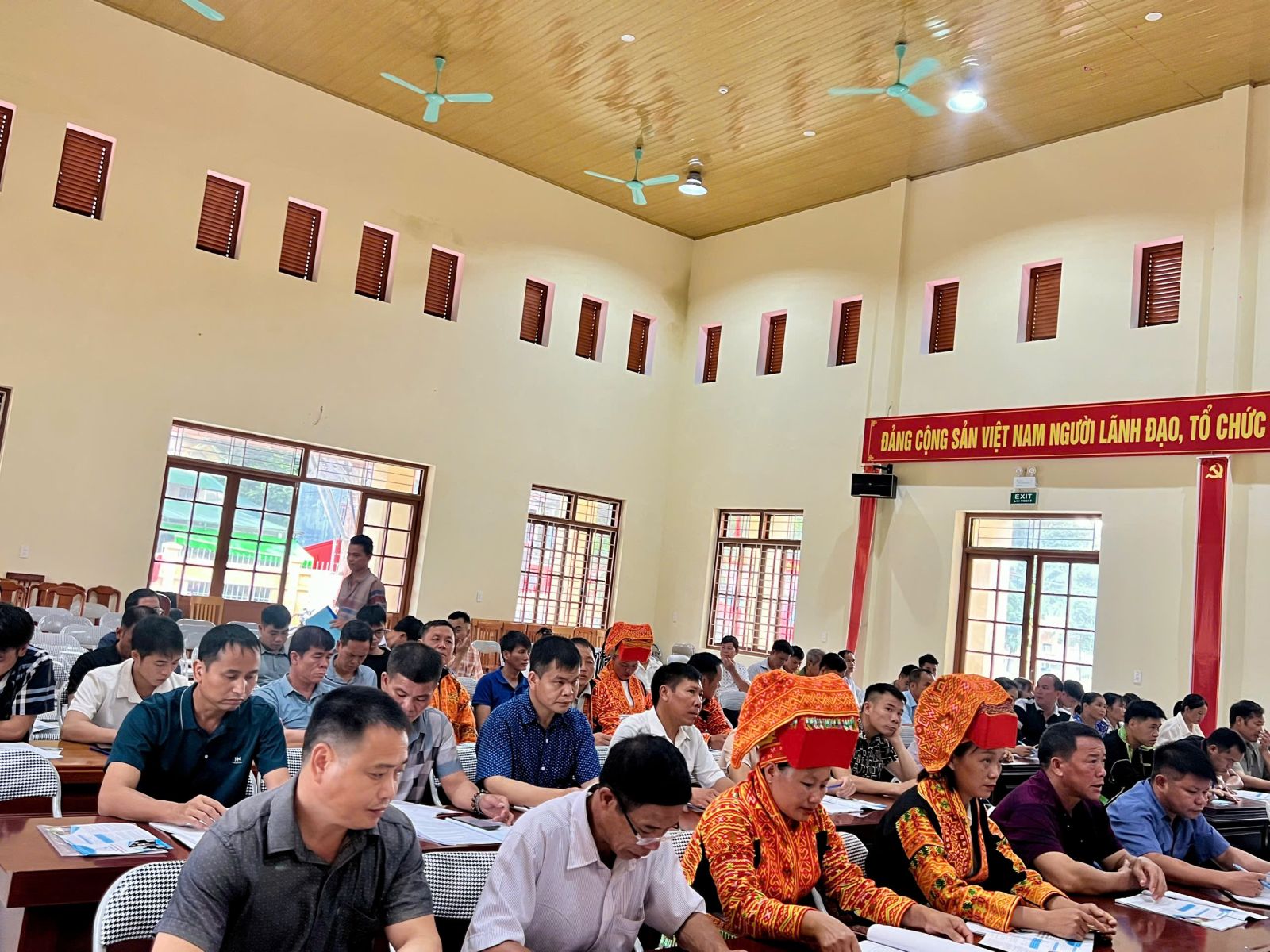
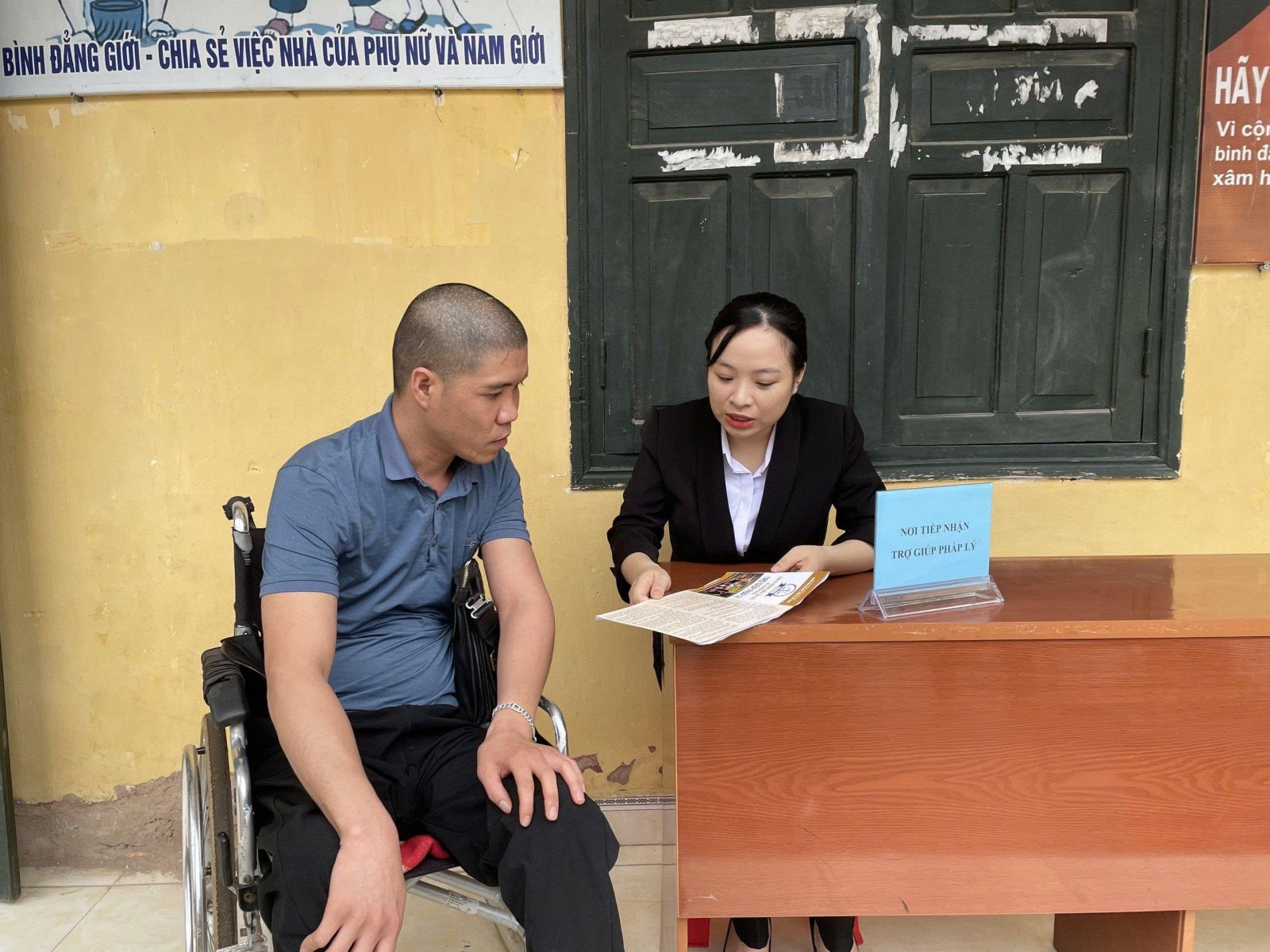
Photo: Conducting communication campaigns on legal aid for subjects eligible for legal aid in Lang Son province.
From 2022 to present, implementing the National Target Program on socio-economic development in ethnic minority and mountainous areas for the period 2021-2030, phase I: from 2021 to 2025; The Provincial State Legal Aid Center has carried out: (1) Organized and carried out 162 training, communication and information conferences on legal aid; (2) Developed 08 reports on instructions on accessing legal aid, successful legal aid cases broadcast on the Provincial Radio and Television Station, Lang Son Electronic Newspaper; Sent news articles on legal aid activities to be published on Lang Son Newspaper, Electronic Information Page of the Legal Aid Department, Ministry of Justice, Electronic Information Page of the Provincial Legal Education and Dissemination, Electronic Information Page of the Department of Justice, etc.; (3) Compile, print, and distribute 157,000 legal brochures on legal aid, 47,000 handbooks and legal question and answer books on legal aid to provincial and district-level prosecution agencies, district People's Committees, and commune People's Committees in ethnic minority and mountainous areas so that more people know about legal aid, seek it out, and request it.
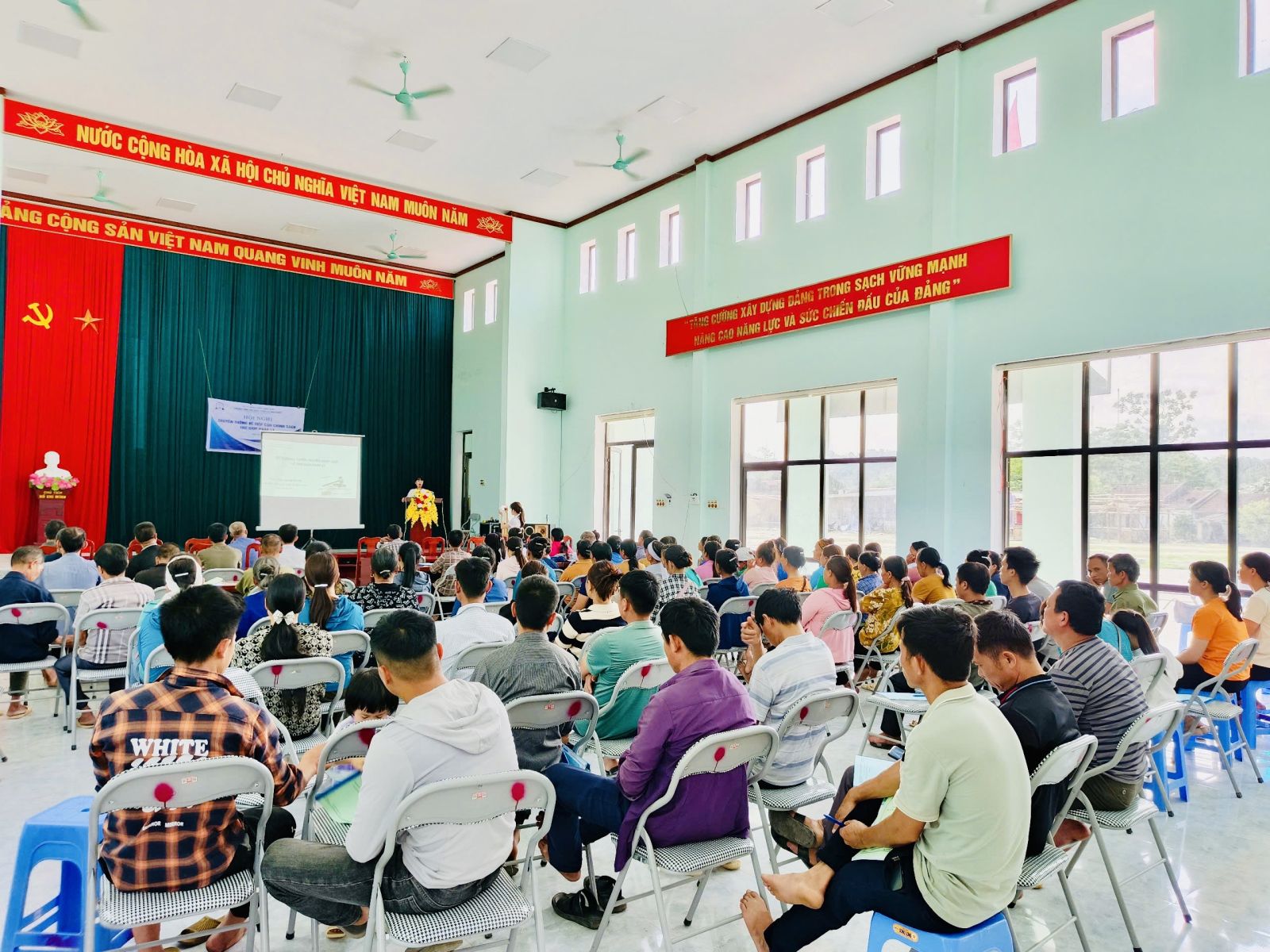
Photo: Live media coverage of the National Target Program on Socio-Economic Development for Ethnic Minority and Mountainous Areas
In addition to implementing traditional forms of communication, the Legal Aid Center has strengthened multi-dimensional communication about legal aid to improve people's access to information related to legal aid: writing news and articles to post on the website of the Department of Dissemination, Education of Law and Legal Aid, the website of the province for dissemination and education of law and the website of the Department of Justice, Lang Son Newspaper to propagate legal aid activities and successful legal aid cases; effectively building and operating content about legal aid on social networking sites Facebook, Zalo,...
- Results of implementing TGPL cases; applying information technology in case management - Quality goes hand in hand with efficiency
After 8 years of implementation, the whole province has carried out 4,164 legal aid cases, of which: Classified by form of legal aid implementation as follows: 3,959 cases of participation in litigation; 200 cases of legal consultancy; 05 cases of representation outside litigation. Classified by category of people receiving legal aid: ethnic minorities residing in areas with especially difficult socio-economic conditions: 2,697 cases (accounting for 64.76%); people from poor households: 259 cases (accounting for 6.21%); people with meritorious services to the revolution: 132 cases (accounting for 3.17%); children: 218 cases (accounting for 5.23%); accused people from 16 years old to under 18 years old: 591 cases (accounting for 14.19%); other categories: 267 cases (accounting for 6.41%). 100% of cases were assessed as good or fair quality, with no cases of poor quality.
The number of cases participating in litigation has increased steadily over the years, from 380 cases in 2018 to 618 cases in 2024. In the first 9 months of 2025, 411 cases were carried out. The number of cases participating in litigation at the local level has changed dramatically, increasing the number of cases participating in litigation, entering into the nature of legal aid activities. Through the annual increase in case data at the local level, it can be affirmed that the locality has actively and effectively responded to the orientation of focusing on implementing cases. This policy, on the one hand, helps the use of resources (human resources, finance) that the provincial government is interested in for legal aid work to be used effectively, for the purpose of protecting the legitimate rights and interests of the people, on the other hand, helps people implementing legal aid have the opportunity to practice professional skills, but the greatest effect that this policy brings is that people enjoy quality legal services.
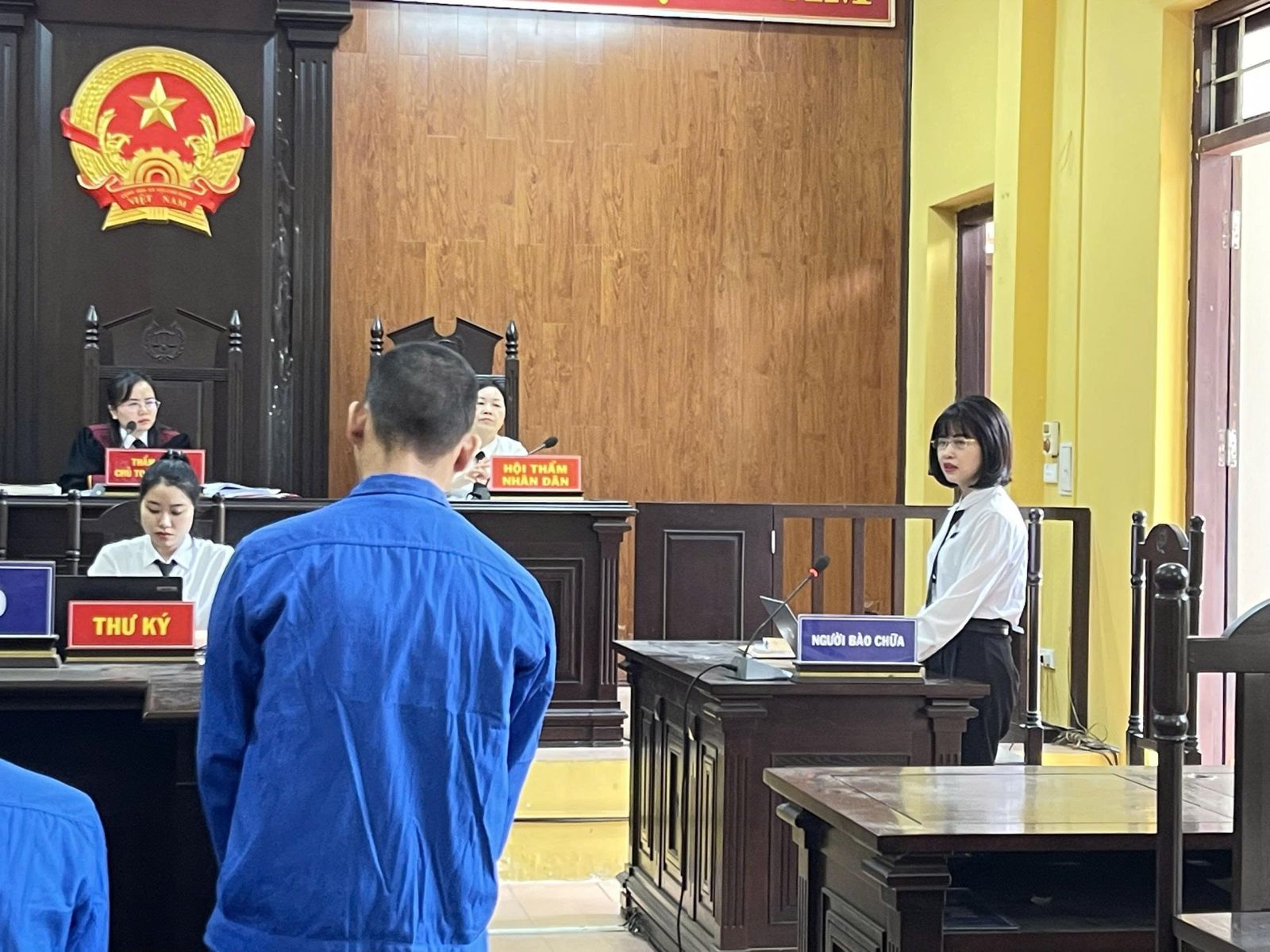
Photo: Legal aid workers implement legal aid by participating in litigation
Based on the case quota issued annually by the Ministry of Justice, the State Legal Aid Center has assigned specific litigation case quotas to each Legal Aid Officer of the Center. The results of implementing litigation quotas over the years, 100% of the number of Legal Aid Officers have met the set quotas. Legal Aid Officers and Lawyers implementing legal aid of the State Legal Aid Center, within the scope of their duties and powers, have always been proactive and active in implementing litigation cases as assigned by the unit's leaders, and the quality of legal aid cases has been continuously improved.
Number of successful and effective legal aid cases according to the criteria of Official Dispatch No. 427/CTGPL-TC&QLCL dated October 16, 2020, Official Dispatch No. 98/CTGPL-TC&QLCL dated March 16, 2021 of the Legal Aid Department, criteria for determining successful legal aid cases participating in litigation issued with Decision No. 1179/QD-BTP dated May 16, 2022 of the Minister of Justice by the Center's legal aid practitioners during the period of reaching 570 cases.
The work of assessing the time, quality and effectiveness of legal aid cases is always carried out seriously and promptly . Through the assessment and evaluation of the quality of cases, it is aimed at promptly detecting cases with limitations in the form and content of legal aid implementation, thereby overcoming the limitations, improving the quality of legal aid cases, and meeting the people's requirements .
The application of information technology in case management is implemented effectively: 100% of legal aid files are updated on the Ministry of Justice's legal aid management system, contributing to the modernization and transparency of professional activities.
In addition to the achieved results, in the process of implementing the Law on Legal Aid in 2017, legal aid work in Lang Son province still revealed some limitations and inadequacies that need to continue to be addressed:
- The people's ability to access legal aid services is still limited, so the number of legal aid cases each year is still low compared to the number of people eligible for legal aid. Although the number of legal aid cases in litigation activities has tended to increase, it is still low compared to the total number of cases accepted and brought to trial by the litigation agencies . The number of legal aid cases in the form of legal advice is still small, not commensurate with the practical needs of people to solve legal problems and receive legal advice.
- Communication work on legal aid, especially communication for ethnic minorities residing in areas with particularly difficult socio-economic conditions, is still infrequent, ineffective, and of uneven quality.
- The quality and quantity of the development support team are not stable, not commensurate with the requirements of the legal aid work in the new situation; in the coordination of organizing the implementation of information and communication on legal aid, the number of lawyers participating is still very small; some lawyers implementing legal aid are limited in using legal aid case management software and limited in skills in accessing and collecting evidence, especially for some cases using high technology.
- Coordination between agencies and units in legal aid activities is still inadequate. There is no coordination mechanism to mobilize those who have the conditions to contact people daily such as: commune and ward officials in the area, commune police, village chiefs, conciliators, Women's Union officials, Farmers' Union officials, village elders, village chiefs, prestigious people... to explain to people about the right to legal aid, and guide people who need legal aid to come to the organization to implement legal aid .
- The process of implementing information technology applications to update TGPL cases and attached files to the software for managing TGPL organizations and activities is still inadequate, the system still has errors so it cannot be updated in time, the system has not been integrated and connected with other national and specialized databases.
The main reasons for these limitations are:
- The majority of people receiving legal aid in the province are ethnic minorities residing in areas with particularly difficult socio-economic conditions, with limited educational levels and many obstacles in accessing legal aid in the form of legal advice, due to geographical distance from the center, difficult travel conditions, limited ability to use common language and legal knowledge, leading to limited access to information and proactive requests for legal aid.
- Funding for communication activities is still limited, legal aid officers handling many cases have not been able to regularly carry out communication activities on legal aid at the grassroots level, especially in villages and hamlets with especially difficult socio-economic conditions.
- Legal assistant is a profession that requires a process of studying and training as a lawyer, completing an internship period, and gaining experience in handling real-life cases. In the recent past, the number of legal assistants has fluctuated a lot, due to job placement, organizational restructuring, job transfers... not being stable in quantity and quality.
- The awareness of a number of cadres and civil servants at the grassroots level about the role and significance of the legal aid policy is still inadequate, so the introduction and guidance of people to the legal aid center has not been given due attention.
- The information technology infrastructure of the TGPL system is not yet synchronized and unstable . The management software depends on the network connection and server of the Ministry of Justice. Therefore, when there is a technical problem or system overload, the updating of case data is interrupted or there is difficulty in connecting to the internet, leading to untimely updating of case information.
Towards a new stage of development
The past 8 years have been a journey full of effort and pride for the Lang Son Provincial Legal Aid System – from organization, human resources to quality of operations. The numbers, successful cases and trips to remote villages are living proof of the spirit of “Law for the People”.
Entering a new phase, Lang Son's legal aid work will continue to affirm its role as a reliable legal support for the people, aiming at the following goals: Improving the quality and professionalism of the legal aid team; Improving the effectiveness of legal aid cases; Strengthening multimedia communication; Promoting digital transformation in legal aid; Promoting coordination with the grassroots; Contributing to building a socialist rule-of-law state of the people, by the people and for the people - where everyone is equal in accessing justice.
Hoang Thi Hai
State Legal Aid Center,
Department of Justice of Lang Son province
Source: https://sotp.langson.gov.vn/tin-tuc-su-kien/tro-giup-phap-ly-o-lang-son-dau-an-08-nam-thuc-hien-luat-tro-giup-phap-ly-nam-2017-va-huong-den-giai-doan-phat-trien-moi2.html


![[Photo] Prime Minister Pham Minh Chinh and South African President Matamela Cyril Ramaphosa attend the business forum](https://vphoto.vietnam.vn/thumb/1200x675/vietnam/resource/IMAGE/2025/10/24/1761302295638_dsc-0409-jpg.webp)
![[Photo] Prime Minister Pham Minh Chinh chairs conference on breakthrough solutions for social housing development](https://vphoto.vietnam.vn/thumb/1200x675/vietnam/resource/IMAGE/2025/10/24/1761294193033_dsc-0146-7834-jpg.webp)

![[Photo] President Luong Cuong chaired the welcoming ceremony and held talks with United Nations Secretary-General Antonio Guterres](https://vphoto.vietnam.vn/thumb/1200x675/vietnam/resource/IMAGE/2025/10/24/1761304699186_ndo_br_1-jpg.webp)

![[Photo] Solemn funeral of former Vice Chairman of the Council of Ministers Tran Phuong](https://vphoto.vietnam.vn/thumb/1200x675/vietnam/resource/IMAGE/2025/10/24/1761295093441_tang-le-tran-phuong-1998-4576-jpg.webp)


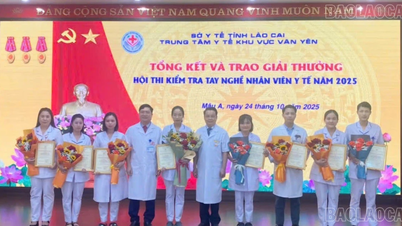



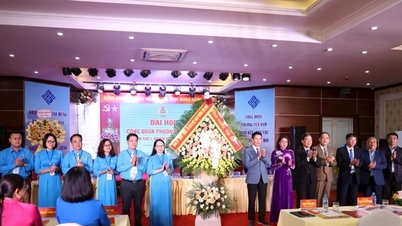



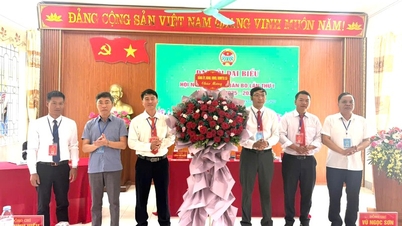





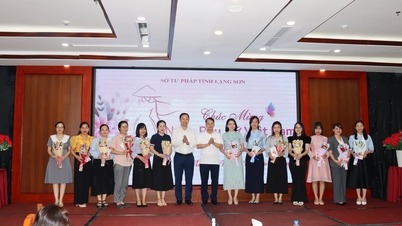









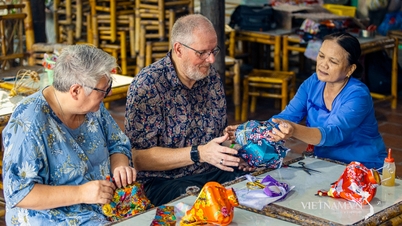





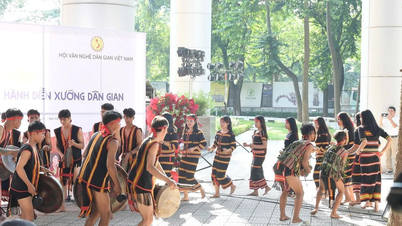


























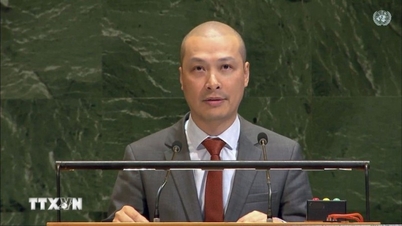
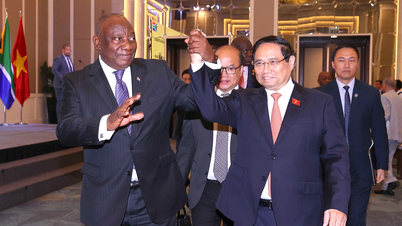

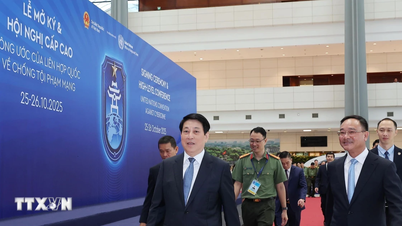
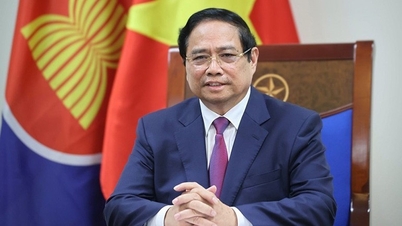
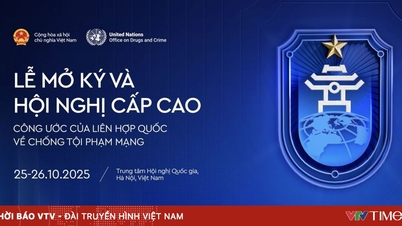


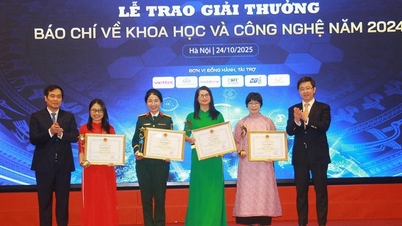

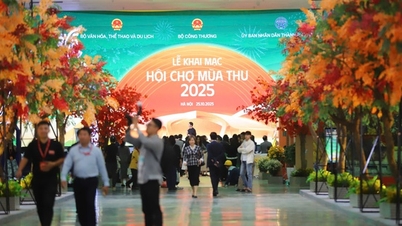
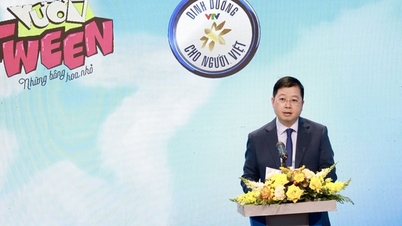
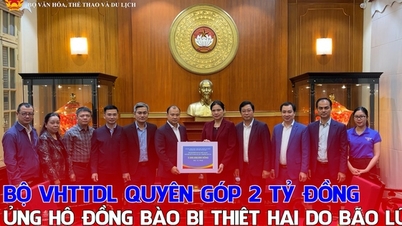



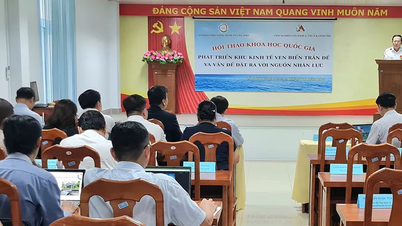



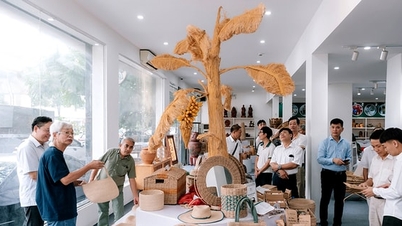
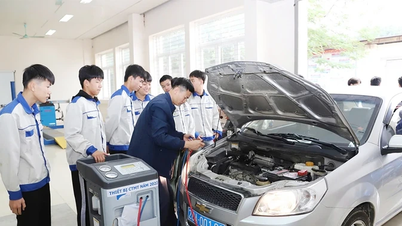

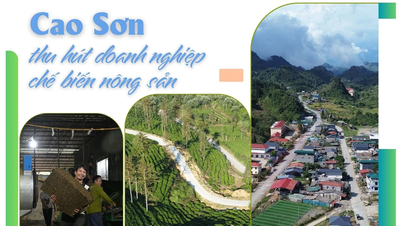














Comment (0)